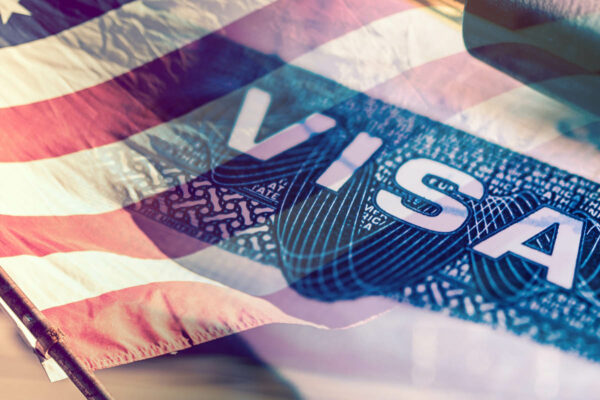On Nov. 08, 2023, The Department of Homeland Security (DHS), in consultation with the Department of State (DOS), announced the lists of countries whose nationals are eligible to participate in the H-2A and H-2B visa programs in the next year. See here https://www.uscis.gov/newsroom/alerts/dhs-announces-countries-eligible-for-h-2a-and-h-2b-visa-programs-1.
On Nov. 16, 2023, the Department of Homeland Security (DHS), through the U.S. Citizenship and Immigration Services (USCIS), and the Department of Labor (DOL) published a temporary final rule making available an additional 64,716 H-2B temporary nonagricultural worker visas for fiscal year (FY) 2024, on top of the statutory cap of 66,000 H-2B visas that are available each fiscal year. American businesses in industries such as hospitality and tourism, landscaping, seafood processing, and more turn to seasonal and other temporary workers in the H-2B program to help them meet demand from consumers. See https://www.uscis.gov/newsroom/news-releases/uscis-announces-availability-of-additional-h-2b-visas-for-fiscal-year-2024.
What do these announcements mean? They mean more opportunities for foreign workers to come to the United States for temporary agricultural and non-agricultural employment. If you are interested in participating in these programs, be sure to check the list of eligible countries and start the application process. This is a great opportunity for both employers and foreign workers to fill important roles and support various industries in the United States.

